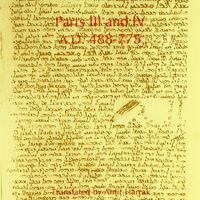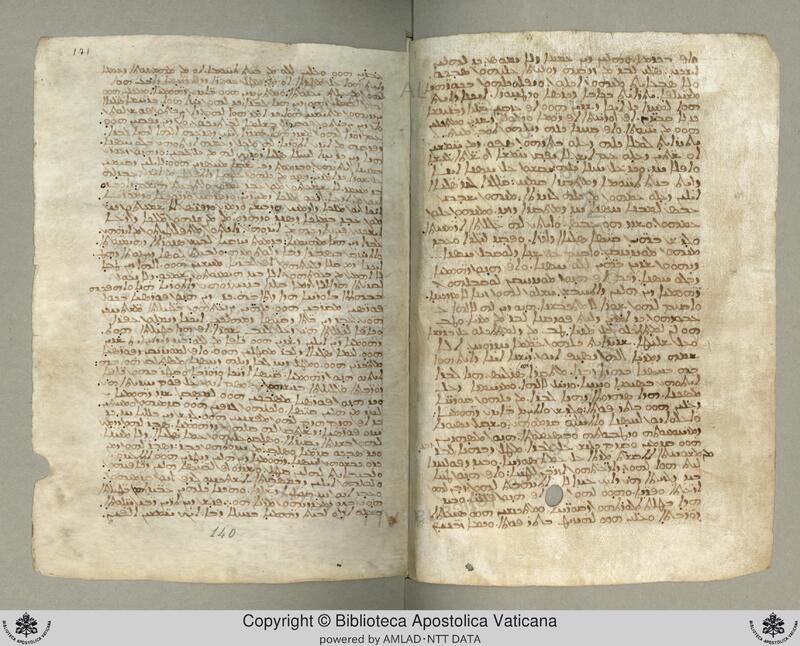-
Title
-
Saved from the Hands of the Assyrians
-
Date
-
769–770 AD
-
Description
-
"Often they used to cross over and penetrate inside the borders, either because of the negligence of the agent in charge of the guard, or because of the tithe which was mercilessly imposed on them out of greed, and used to be captured and brought into Qamh by the Romans. When the man in question would see them, he treated them with a great deal of compassion, saying: “If you want, stay with us, or if you want, leave and go home in peace.” But if they left, he would send along provisions for them. Truly, my brothers, God has rewarded this man in that he saved him, together with all the people who were with him inside the fortress, from the hands of the Assyrians […] they heard: ‘He will not invade this town, but I will put a ring in the nose of this Assyrian and I will cause him to return with shame by the way in which he came.’ The Persians were fighting with all means, yet their tricks failed. They built mobile wooden houses to fill the ravine beside the city wall, but the Romans destroyed them. One night, thinking the defenders were asleep, countless Persians tried to climb the walls, shouting “Allahu Akbar,” but the Romans struck them down, piling their corpses in heaps. Thus all their efforts proved futile, for the helper of the Romans was the Lord."
In 769–770 CE, a massive multi-ethnic Abbasid army under ‘Abbas (brother of the Caliph) besieged the Byzantine fortress of Qamh. The chronicler describes the army’s diverse pagan and Muslim elements, their sins, and the heavy burden Arab rule placed on the local Syrian (Aramean) villagers. The Roman commander, Sergius, treated captured villagers with compassion. During the siege, the enemy taunted the defenders with boasts about past victories over many kings and lands. Despite being heavily outnumbered, Sergius and his men relied on prayer and faith, eventually repelling the attackers.
“Assyrian” is a figurative label for the Arab Muslim besiegers.
-
Language
-
Syriac-Aramaic
 Chronicle of Zuqnin
Chronicle of Zuqnin


